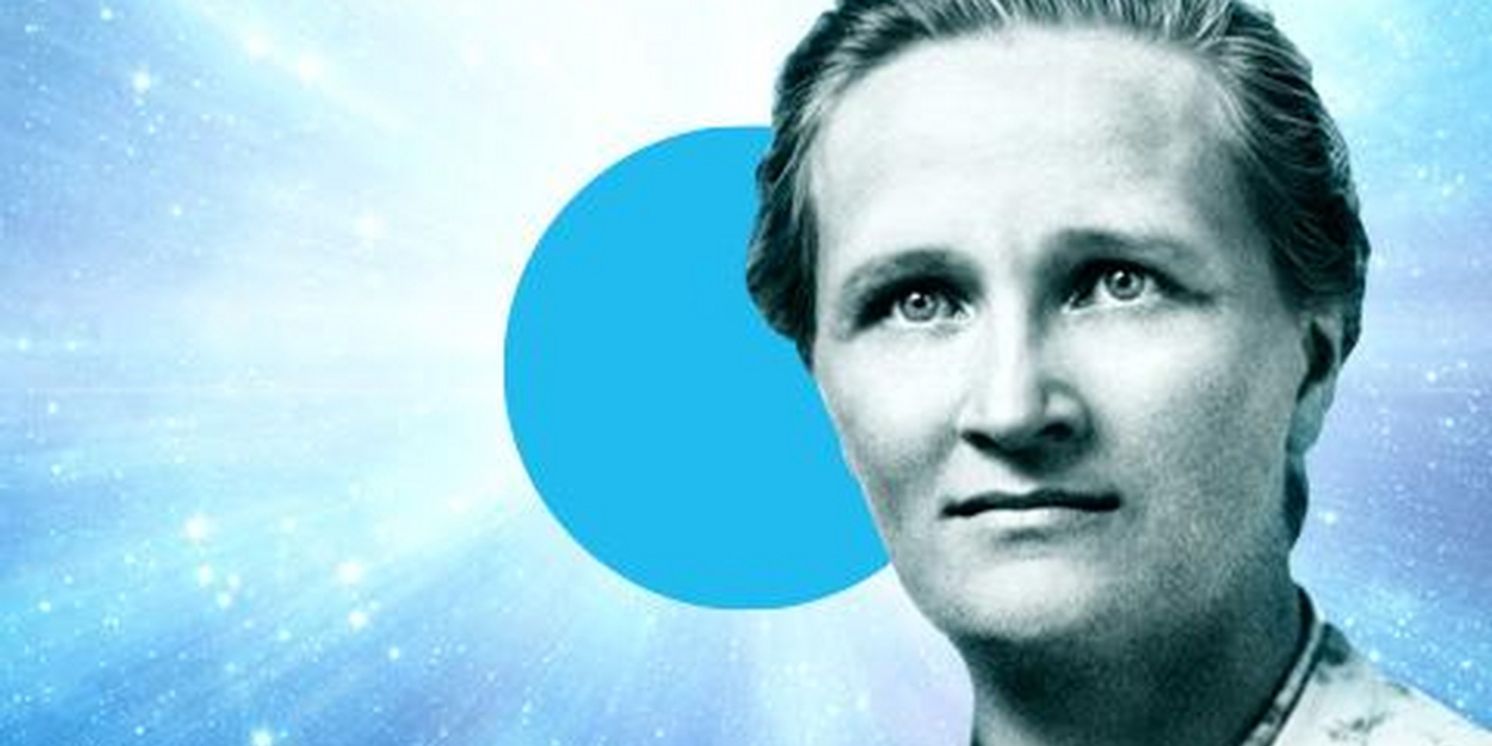Review Roundup: THE LIGHTEST ELEMENT at Hampstead Theatre
The production will run until 12 October.

Boston, 1956. Cecilia Payne-Gaposchkin, one of the most eminent astronomers of the twentieth century, is about to be appointed Chair of Astronomy and the first woman to head a Harvard department. Only two things stand in her way: a covert investigation aimed at exposing her as a communist sympathiser, and the entrenched conservatism of her male colleagues. When a student journalist asks to profile her it feels like an opportunity to control her own narrative – assuming, of course, that the invitation is actually what it seems…
Stella Feehily’s taut drama explores how challenging social norms can be almost as difficult as overturning scientific orthodoxy. Her other plays include Duck and O Go My Man (Royal Court), Dreams of Violence (Soho), and This May Hurt a Bit (Tour and St James’).
Director Alice Hamilton is Hampstead’s Associate Director, with credits including The Memory of Water, The Dumb Waiter, The Harmony Test, Out of Season, Nineteen Gardens and the Olivier nominated Every Day I Make Greatness Happen.
See what the critics are saying...
![]() Emma John, The Guardian: Sarah Beaton and Johanna Town’s screen and light projections offer an elegant complement to the spare staging but can’t quite break the arid, academic feel of the production. Sally’s journey is nicely marked – from eating ice cream sundaes when we first meet, to her final meeting with her boyfriend who notes her drinking “hard liquor”. But Cecilia’s story never quite takes to the skies. Nevertheless, she persisted.
Emma John, The Guardian: Sarah Beaton and Johanna Town’s screen and light projections offer an elegant complement to the spare staging but can’t quite break the arid, academic feel of the production. Sally’s journey is nicely marked – from eating ice cream sundaes when we first meet, to her final meeting with her boyfriend who notes her drinking “hard liquor”. But Cecilia’s story never quite takes to the skies. Nevertheless, she persisted.
![]() Time Out, TimeOut: Director Alice Hamilton captures something of this scientific excitement in her production. On Sarah Beaton’s set, an observatory-like curved strip of video screen covers the entire back of the top of the stage, upon which video designer Zakk Hein’s animated scrawls of equations, fields of stars and solar eclipses play out like watching mid-twentieth-century news reels in a darkened cinema. There’s a sense of grandeur in these between-scene moments – of the ‘why’ and not just the struggle – that this meticulously researched play could dip into more deeply.
Time Out, TimeOut: Director Alice Hamilton captures something of this scientific excitement in her production. On Sarah Beaton’s set, an observatory-like curved strip of video screen covers the entire back of the top of the stage, upon which video designer Zakk Hein’s animated scrawls of equations, fields of stars and solar eclipses play out like watching mid-twentieth-century news reels in a darkened cinema. There’s a sense of grandeur in these between-scene moments – of the ‘why’ and not just the struggle – that this meticulously researched play could dip into more deeply.
![]() Rachel Haliburton, The Times: It’s easy to see how Payne-Gaposchkin, headstrong and plain-speaking, with a terrible nicotine habit, might be the inspiration for a riveting drama. Sadly The Lightest Element is not that play: its stifling air of veneration and exposition-laden dialogue means that even though the central character is looking at the stars, her story remains resolutely earthbound.
Rachel Haliburton, The Times: It’s easy to see how Payne-Gaposchkin, headstrong and plain-speaking, with a terrible nicotine habit, might be the inspiration for a riveting drama. Sadly The Lightest Element is not that play: its stifling air of veneration and exposition-laden dialogue means that even though the central character is looking at the stars, her story remains resolutely earthbound.
Average Rating: 56.7%
- To read more reviews, click here!
- Discuss the show on the BroadwayWorld Forum
Reader Reviews
Powered by
|
Videos

